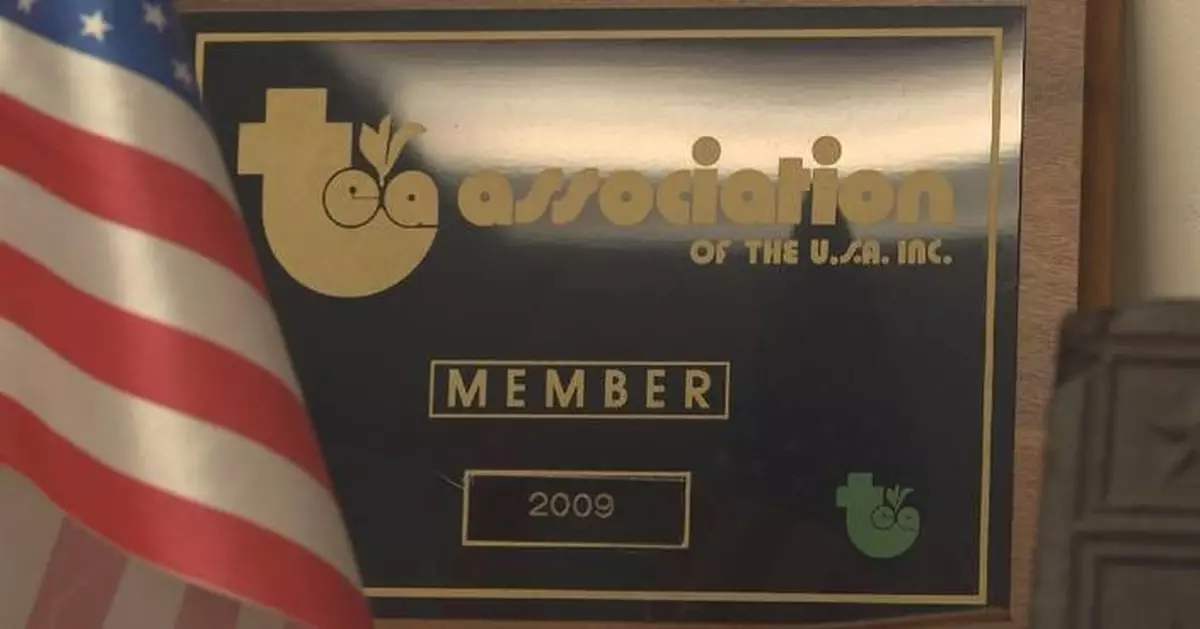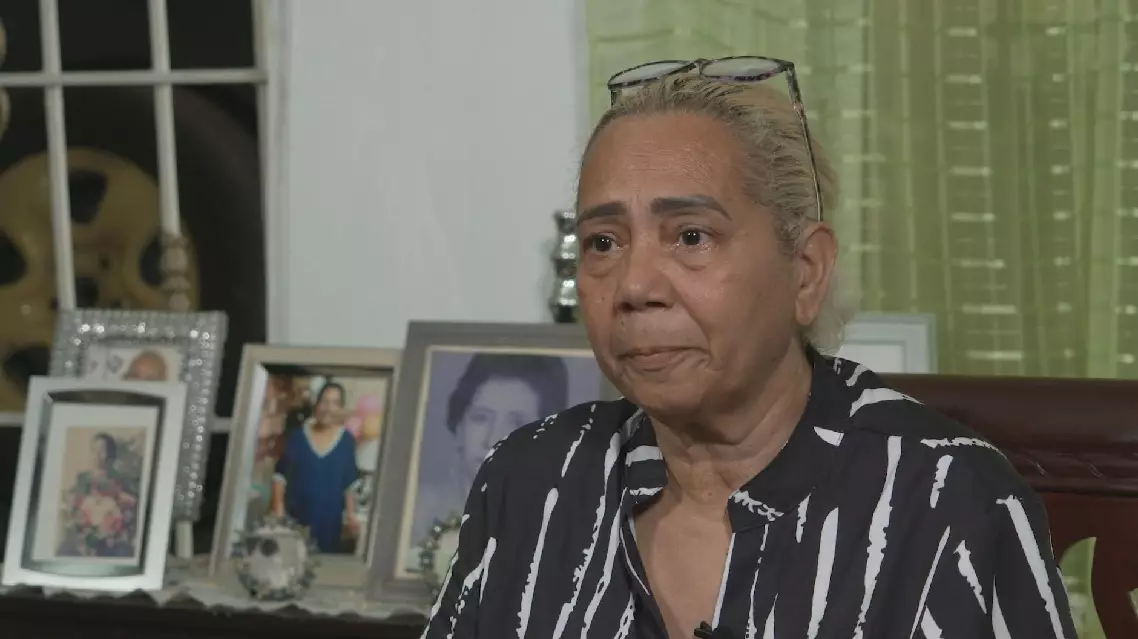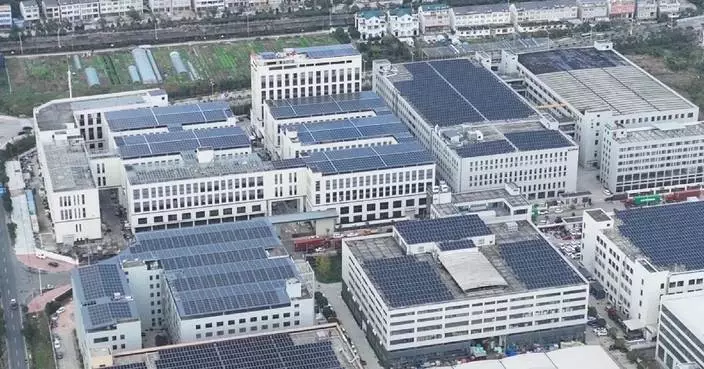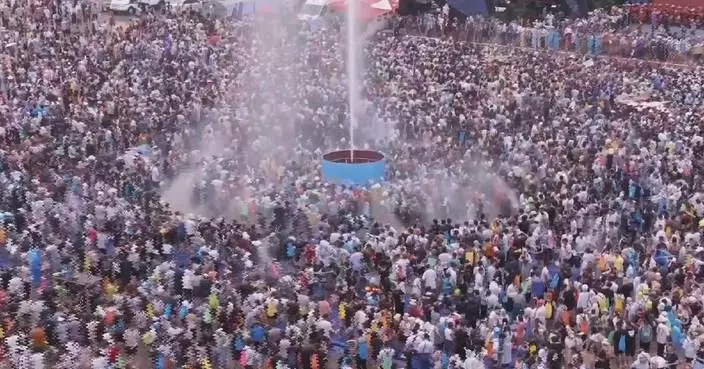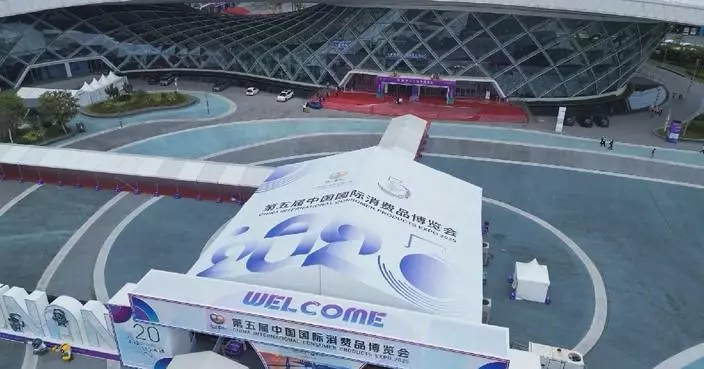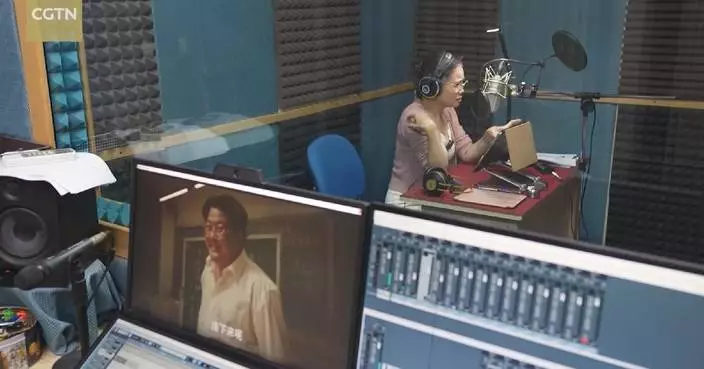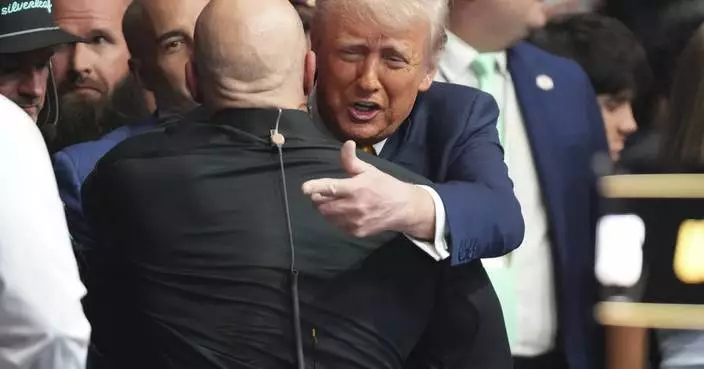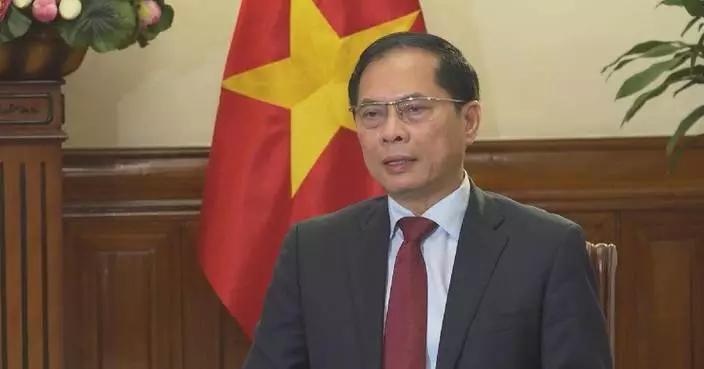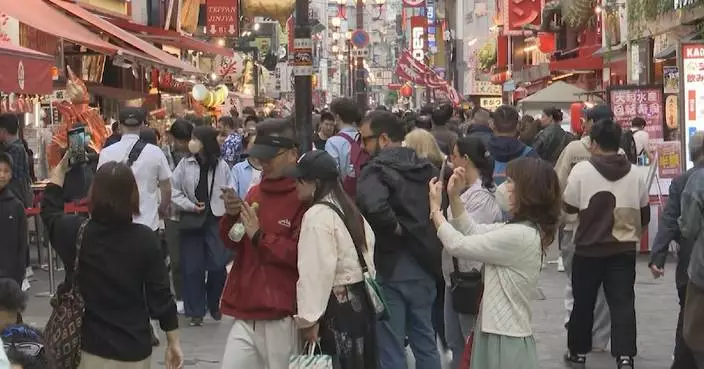An industry insider warned that the U.S. government's tariff policy will pose significant challenges to the tea market in the United States, highlighting concerns about rising costs for importers and the potential for decreased consumer demand due to higher prices.
Amid widespread opposition, U.S. President Donald Trump on Wednesday signed an executive order on the so-called reciprocal tariffs, imposing a 10-percent minimum baseline tariff and higher rates on certain trading partners.
During an interview with China Media Group (CMG), Peter Gangi, chairman of the Tea Association of the USA, emphasized that the United States ranks as the world's third-largest tea importer.
While U.S. tea imports have generally trended upward in recent years, impending tariff policy changes are anticipated to drive tea prices higher, potentially dampening sales volumes. "Consumers are price sensitive and if importers and packers are required to raise the price because of the tariffs, then the consumer may look at it and say, well, I'm not sure this presents the value. So, [there are] still some questions involved. But clearly tariffs don't lower prices. Tariffs will raise prices, generally speaking," Gangi said.
He noted that for small and medium-sized enterprises relying on imported tea, balancing costs and market demand will be a major challenge in the near future. Some of these enterprises have already begun adjusting their formulas and stockpiling goods to mitigate the impact of tariffs.
The Tea Association of the USA has also sent letters to relevant institutions, urging the government to carefully consider the unique characteristics of the tea industry and the interests of consumers when formulating trade policies.
"We've written letters to various agencies, we've written to the U.S. Trade representative, we've written to the government, etc. But we are such a small part of total imports into the U.S. that our voice tends to get lost. So, the only response we have is to encourage our members to write to their representatives and write to the government agencies themselves. One doesn't get replies from the government generally speaking, other than a thank you for sending your note," Gangi said.
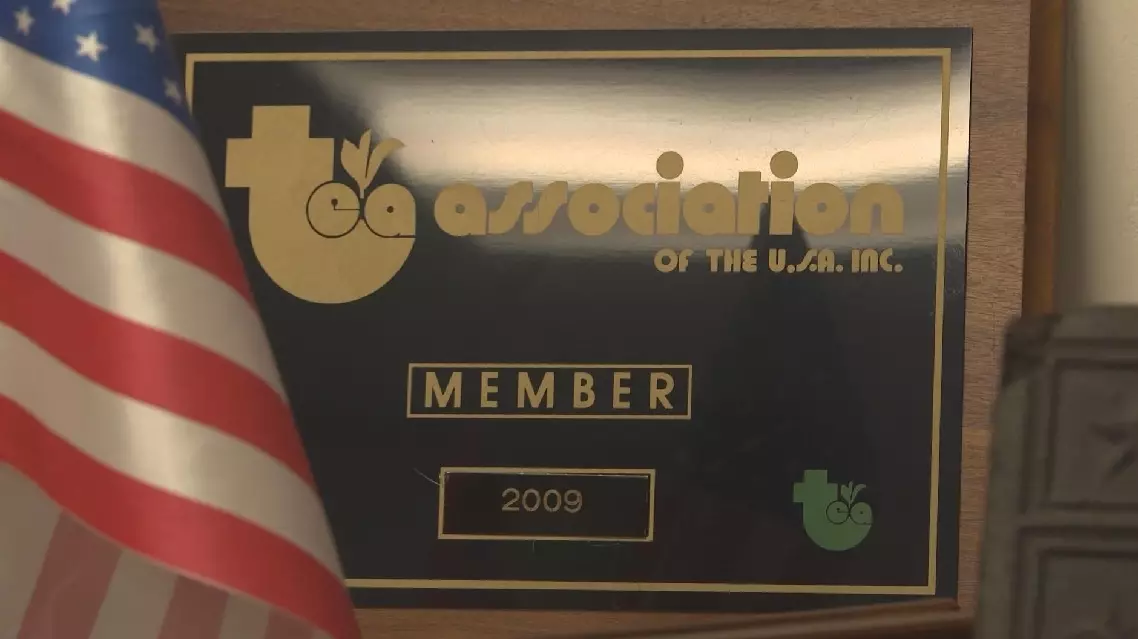
U.S. tea market faces challenges amid tariff threat: industry insider
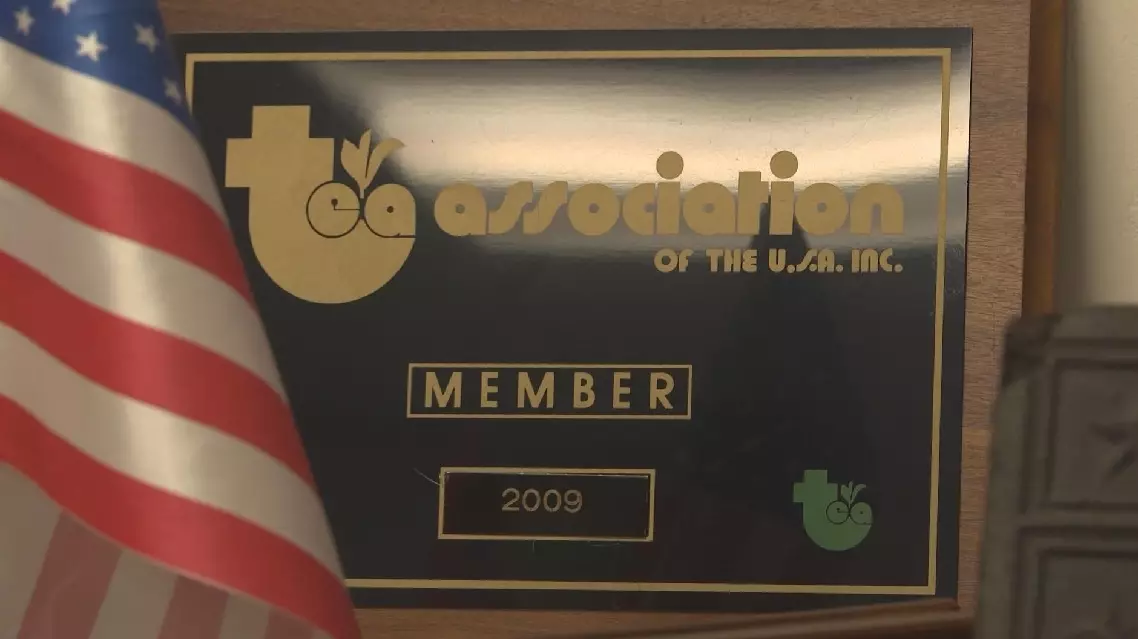
U.S. tea market faces challenges amid tariff threat: industry insider
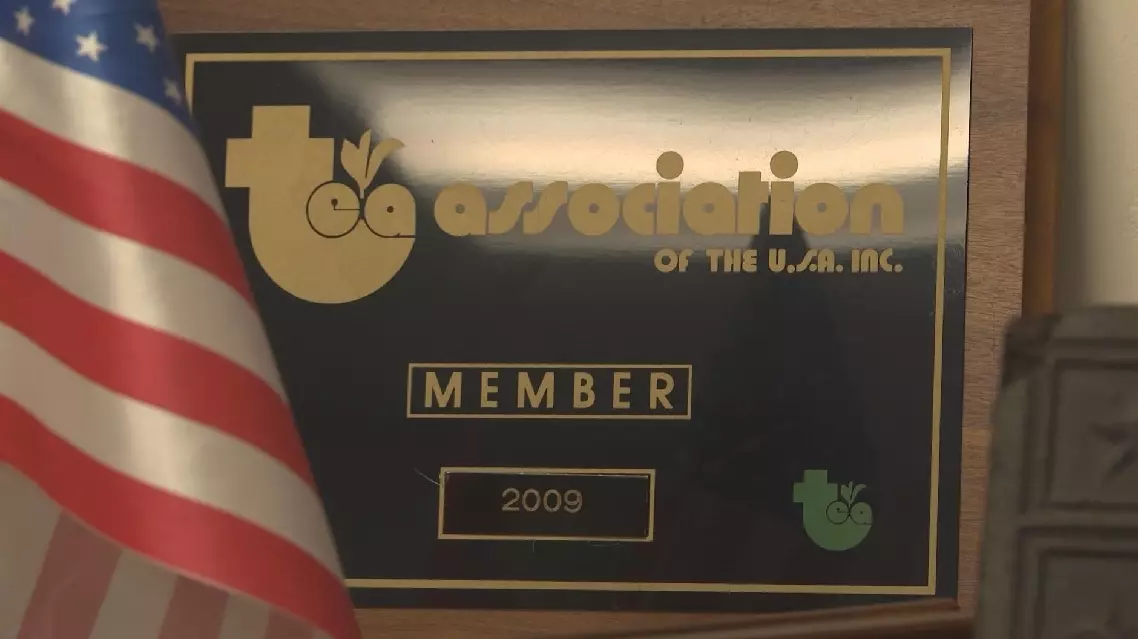
U.S. tea market faces challenges amid tariff threat: industry insider
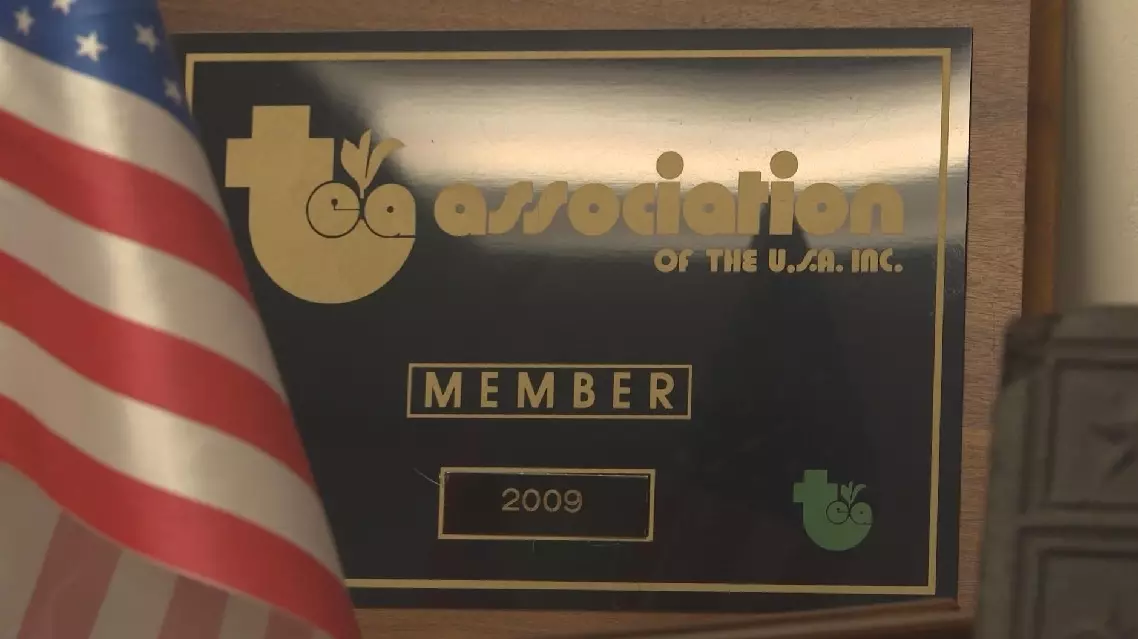
U.S. tea market faces challenges amid tariff threat: industry insider


